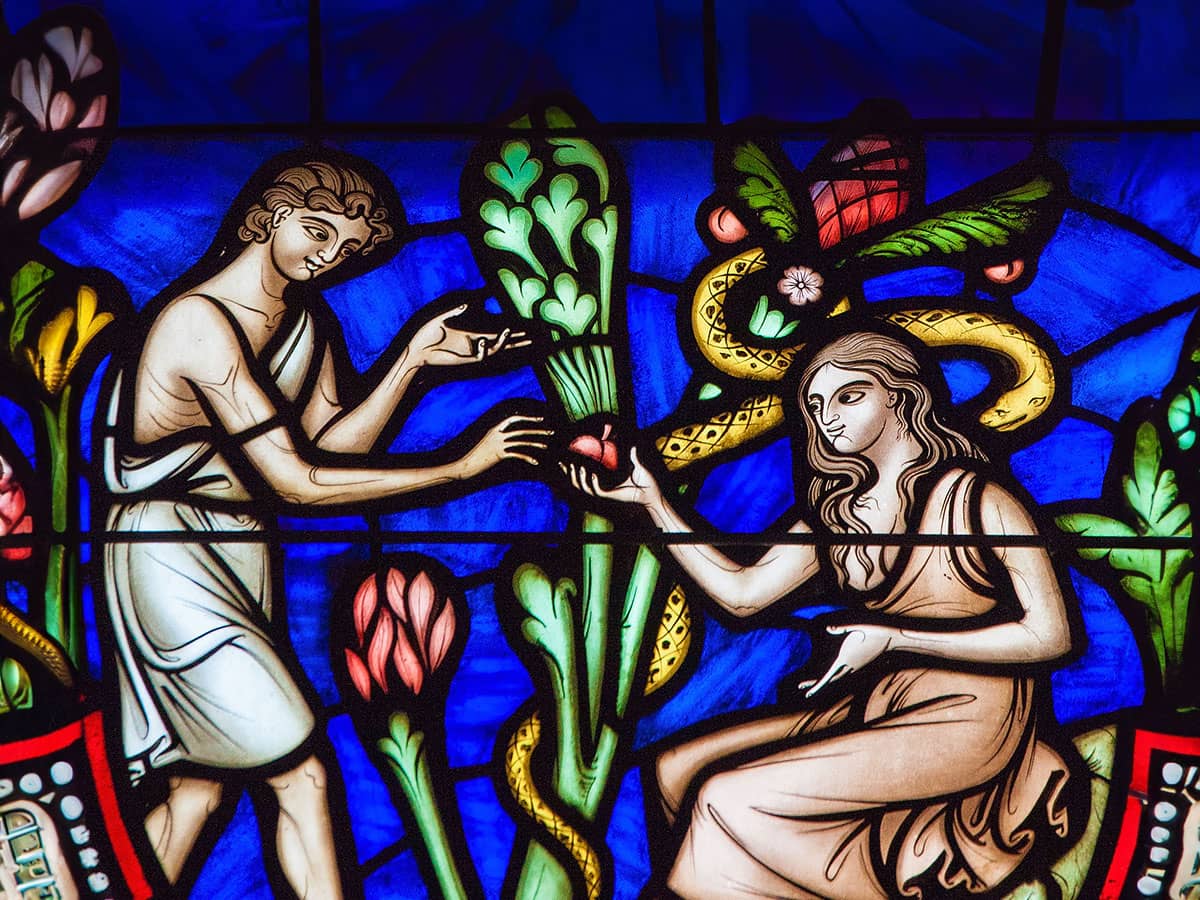Despite all we have learned about grief in the past thirty years, we are still sometimes discouraged from truly mourning a miscarriage, stillborn birth, or even the death of a newborn. Only recently, I heard a woman who had just endured a miscarriage at twenty weeks be told by a well-meaning loved one that "it wasn't meant to be." Other common comforting devices include blaming God's will, citing the blessing that the baby "didn't suffer very much," warning that the child "wouldn't have been right," suggesting that "it was probably better this way," and encouraging the mother to simply "have another baby soon."
These well-intentioned comments are uttered by beloved family members, trusted counselors, and concerned friends. But more often the effect is to minimize the pain you are feeling as the parent. If your loss can be summed up in a single sentiment, why can't your feelings be dismissed in a day or two? In fact, emotions are meant to be felt, lived out, and ultimately transformed as part of our lifelong process of growth. If you feel loss, sorrow, emptiness, or even moments of desolation, you are meant to walk through this valley, supported by the ones who love you. Some of us heal quickly, others with more of a struggle. Whatever the process entails for you, you have a right to claim that passage.

| ||
| Failing to appreciate the uniqueness of my pain, I was tempted time after time to devalue my feelings because I understood that others had suffered more. | ||
 |
As for words of comfort, suggest that all you need to hear is, "Whatever you're feeling, I'm willing to walk with you."
Although mourning a miscarriage or the death of a newborn is a different process than mourning the death of a teenager, or a spouse, or a grandmother, or ten strangers with whom we might identify, comparison is useless and deceptive. Failing to appreciate the uniqueness of my pain, I was tempted time after time to devalue my feelings because I understood that others had suffered more.
There is a spectrum of grieving, but that truth has nothing to do with the individual occasion of loss. I have a very close friend, Judy, whose husband and two of her children--half her family--were killed by a drunk driver. Quite clearly, she believes that my understanding of her pain is founded in my own experience of losing a week-old infant. Incredibly, we do share something exquisite--the astonishing event of loss and survival. Certainly, I am humbled by her connection with me, but not only would she never compare our losses, it would never occur to her to set the two side by side in any other way but to honor them both.
Having experienced two miscarriages, I suggest that it is an event capable of provoking deep longing and debilitating emptiness, especially for those who have no other children to offer relief from the pain. Where once life seemed full of hope and promise, only questions remain. What day would he have been born? What would she have been like? What are we missing, now that the baby we created is gone? The reality of motherhood has only begun to blossom when its source is suddenly taken away. Unable to keep up with such profound changes, both body and spirit continue to act as if the hope was still alive; that "feeling" given forth by the life within us persists for a long while after its death.
Grieving for your children lost to miscarriage is appropriate and should be honored. A small ceremony with your loved ones, planting a tree, time away to befriend the feelings and imagine a new future--all these concrete acts will help. The message is clear--if you are in pain, be kind to yourself. Grieve until you are healed. And enable others to grieve as they must.
Excerpted with permission from "A Piece of My Heart: Living Through the Grief of Miscarriage, Stillbirth, or Infant Death" by Molly Fumia, Conari Press, 2000.

